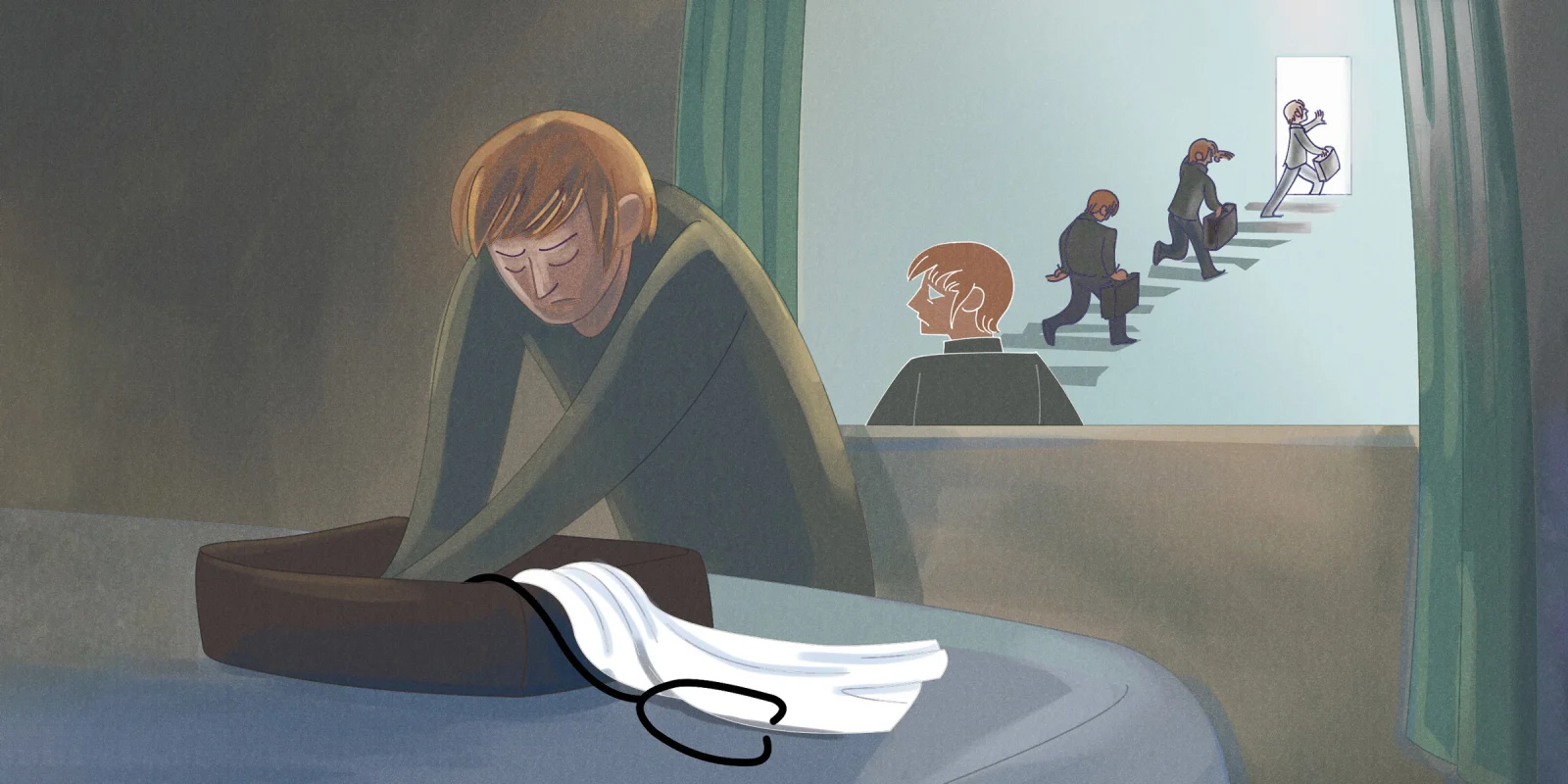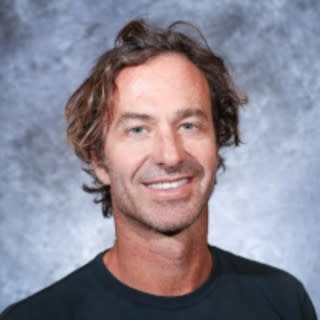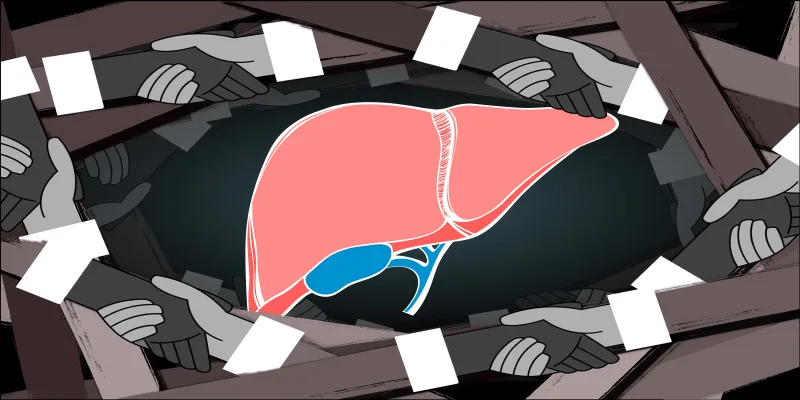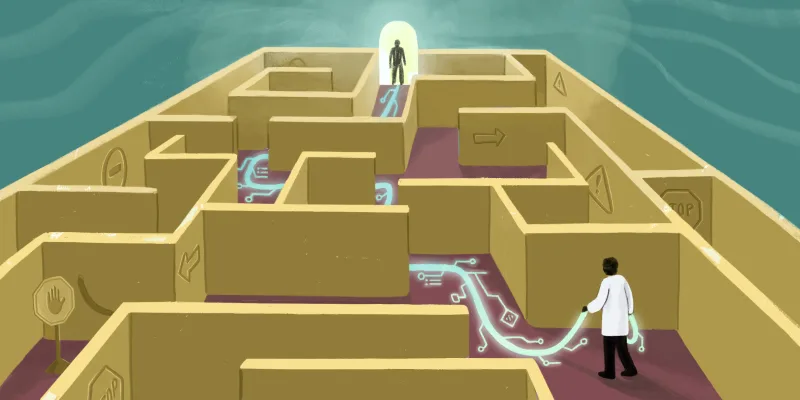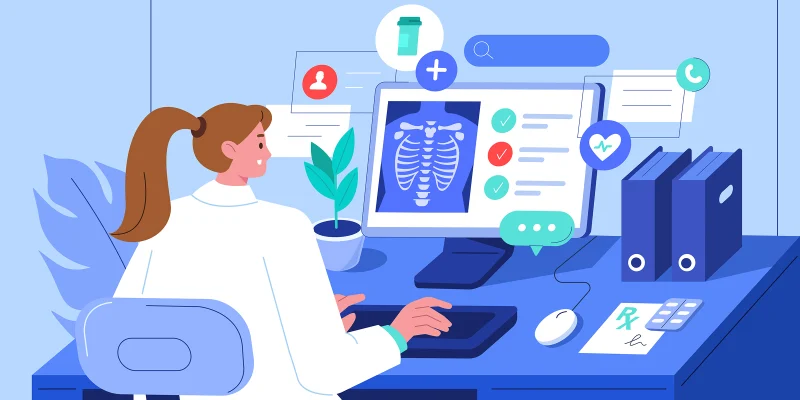I grabbed the photo off the wall. The one of me as a surfer, not a doctor. The Indian Ocean’s azure plate. The pale sky. The bending wave like liquid glass before it cools. I stared at the crouching shape beneath the curl that was once me, seemingly in control despite the wave’s chaos and rage. Funny, the different versions of ourselves we wear like suits, the varied archetypes of our changing skins.
A moment earlier, I had signed my name for the very last time in my very last chart, in this clinic to which I’d given my soul. Three weeks before that, I had been asked to resign by my partner with whom for 20 years I had co-owned the clinic. “Either that, or we’ll be forced to go a different way.” The insinuation beneath his words like a sledgehammer. Fired. It’s not a label I’d ever worn: not after Foot Locker, not after that frozen yogurt place whose name I forgot, not even after Amici’s, my favorite of them all, where there was still a sense of freedom in the job as I raced through the streets delivering pizzas as a teen.
I can’t remember the final moments at any of those other places. Somehow, I sense they lacked the bitterness of this moment. Twenty years of dedication and sacrifice stacked taller than any tower of pizza boxes or shoes might ever reach.
I tucked the photo beneath my arm. Scanning the clinic, I tried my best to burn it into my memory. I had excised from this place everything else that felt like me over the last three weeks: my derm books, my Netter, my vitamins, my stool and saliva tests the other doctors didn’t believe in, the Welch-Allyn otoscope I’d bought in med school. And, like a cancer, the excision of Dr. Rogoff from this clinic was almost complete. It’s a lot to cut out, a lot to process, in just three short weeks. But that’s how long my partner, my friend, had given me.
Twenty years next to three weeks.
I stared for the last time at my desk, that green, Formica abomination that, by day’s end, always seemed to be covered in charts. I hated those charts. Just like I hated that desk and every hour wasted at its false altar as the sun set and the waves peeled unridden, my pocket vibrating with yet another of my wife’s texts telling me the kids were home, that dinner was ready, that she’d set my plate aside.
I hated this clinic so much.
But then why, now, did I feel so sad?
I looked again at the photo, its wave, the image of the man beneath its curl that is somehow me. He looked so different from the one I thought I knew, when viewed from outside. In that photo, I seemed perfect. Poised in the pocket. In control. Strange, all the details that get edited out. Like the terror as I stroked into it, the razor’s edge as the wave inflected vertical and I fell weightless, the self-doubt as I screamed down its face. Lost and forgotten, like the pain of the aftermath, having tried to ride the wave too long and rag-dolling across the reef on the inside. The chunks of coral I peeled out from beneath my skin. The pain of my wounds’ scrubbing after. The limping humility of the long trip home.
But in that photo, all is as it should be. Just like this clinic. Just like this now. After the ringing phones have hushed and the patients have gone and the charts have been filed, there alights a pristine quiet that approaches the divine. So much good happened here. So much healing within these sacred walls.
There was a time I thought it was me that was doing the healing.
But something strange has been happening, ever since I was fired, ever since my friend held up that mirror to reflect back to me the me I couldn’t see. The world upside down. As if all I believed was only half true, and half something I couldn’t see. And in this shadow world, I am beginning to understand things that should have been obvious all along. I didn’t need to hate this clinic. The healing of this place wasn’t just for them. It’s been waiting here for me all along.
I remember the exact moment he told me, his eyes averted. “There is no longer a place for you here.” More than the words, I remember the pain. They tried to teach me the language of pain in med school. Sharp or dull? Burning or cramping? Sharp or electric? Like a stab or a squeeze? A pressure or an ache? All too often the discerning seems in vain. As if the patients just want to scream back, Isn’t pain as pain enough? In that moment, I understood.
“We’d like to allow you to control the narrative,” he had said. “If you say you resigned, you can keep your reputation clean.” But I couldn’t live a lie. I laid bare in my truth as a broken man. That is the way pain works. Like lightning, it seeks its ground. Healing is only possible with surrender. And vulnerability is the first step.
So, for three weeks, I’ve been telling my patients, revealing my pain in these same rooms in which I’ve healed theirs. The archetype of doctor as clean and sterile turned to muddy, the veil that separates them from me ripped away. For three weeks, I have been wiping my own tears with the same Kleenex I once held to them.
And for three weeks they have held me together, these broken pieces that once made a man. This white coat has a shadow side too. It hides the men and women we are from the patients we hope to heal. And without that connection, without that vulnerability, without that surrender ... without all that, we suffer alone.
But they have fixed me, filled me with all their confidence and their prayers and optimism and their love. I had never considered before what my patients gave me, but now I see how much I need them, at least as much as they need me. For their souls’ tenderness, for their hearts’ comfort, for their strength, for their resolve, for their buoyancy in this drowning sea of sleepless nights and bleak depression and terrifying despair.
And that is what I’m learning through these three weeks of pain. That healing is a two-way street. Just like blame.
I used to hate him. My friend. My partner. But that hatred is peeling away. And inside its shell, there is something beautiful.
Walking down the hallway, I try again to burn it in. The hum of the fluorescent lights. The half-eaten bags of chips and paper-clipped envelopes of chocolate. The stacks of charts whose collated papers represent so many days in so many lives. I want to remember this. And just before I turn past the front desk and toward the door, I look for the last time inside the exam room where so much of my time was spent, where I bridged with so many lives.
And then, the string of time once held taut suddenly releases and crumples on the floor. The moments in time pinned to it are juxtaposed, the present overlaid on the past.
And inside that room, Sylvia, on the day of our last visit, eight years before. The day she’d told me her son was murdered in a Cape Town bar at the age of 22. I felt the horrifying shock again as I waited for all the hate and blame that should come next. But instead, her serenity. I had asked her how. Not the details of his murder. But the pathway to her peace.
“My son hadn’t much more to learn in this life. But that poor man who pulled the trigger has to bear the consequence of his karma for the rest of his life.”
Back then, I hadn’t understood that such a depth of forgiveness existed, and certainly not the true meaning of grace. But in three weeks, I am beginning to see the truth. And all the healing she’d meant for me as a gift.
She’s the last image I’ll hold from this place. That image, and this photo. To remind me that despite life’s chaos and suffering, there are perfect moments in it still.
It is true what they say. That in every end there is a beginning. What better time to reflect on all the gifts of this career’s calling. To shed the burden of all the weight that comes with caring for so many lives. To remove our egos from the space of healing. To stop resisting all the pain that is only there to help us grow.
And to shed blame and hate like sandbags, so that our souls may soar light and free.
I turn away. I lock the door. The sun has long since set. Dinner has turned cold. But tomorrow there will be more waves. And I am sure to find a new skin.
Steve Rogoff, MD is a rural family practice, emergency, and functional medicine physician who lives in Hawaii. His interests include surfing, music, and playing with words. His writing can be found at www.steverogoff.com. Steve is a 2021–2022 Doximity Op-Med Fellow.
All names and identifying information have been modified to protect patient privacy.
Illustration by April Brust
